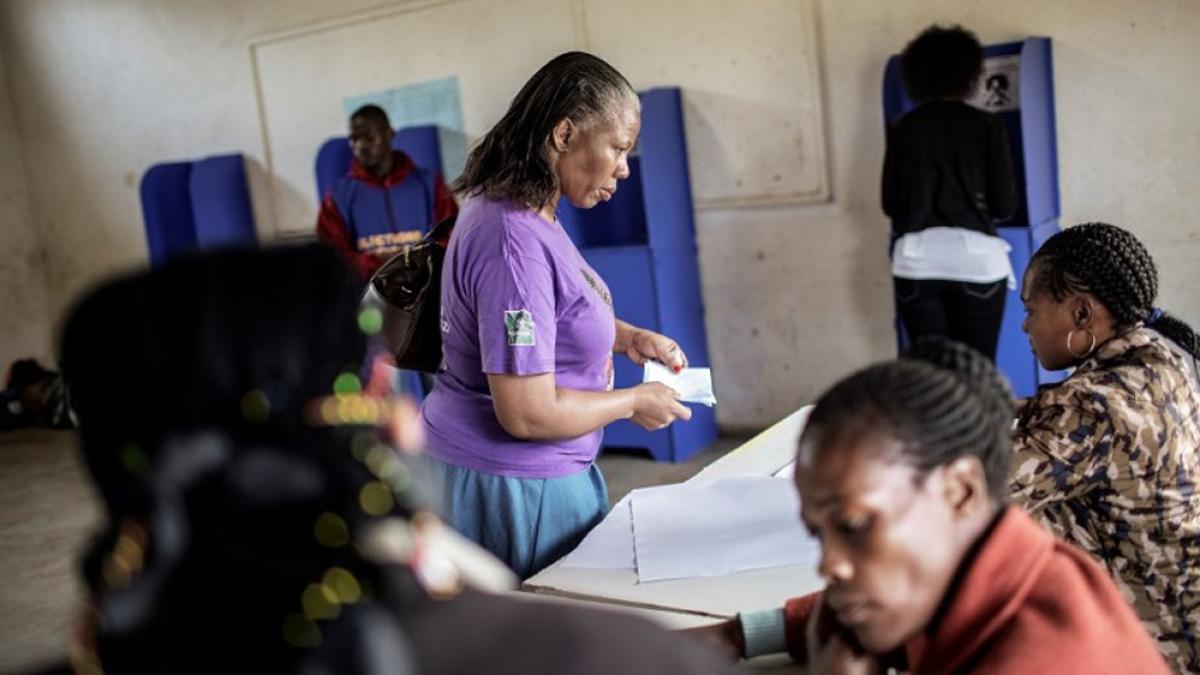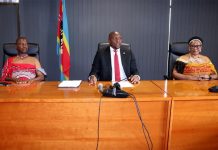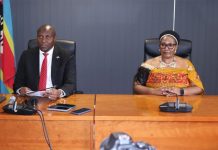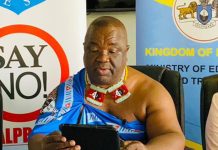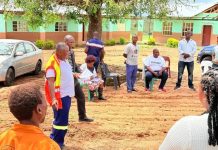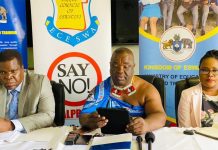Africa-Press – Eswatini. The first stage of the Tinkhundla elections, being the nominations stage, went ahead over the past weekend. In many areas the nominations were marred with controversy and drama, while in others there were no official reports of negative incidents.
A cursory look at the candidates reveals many aspects of the obtaining political system. Many nominees are just people who are popular, by our local standards, due to the work they do.
The list of nominees has, among others, shady businesspeople, media personalities as well as sports personalities. We also have some returning soldiers who can barely demonstrate what they achieved during their past stints as politicians. Others were part of the recent administration and have enjoyed massive political mileage owing to the late dissolving of the 11th Parliament; not too many surprises overall.
Errors
I have always been of the view that I don’t see the ruling hegemony throwing these elections in the air, as it were. There obviously is a lot of interest in these elections from the handlers of powers. It could not have inconceivably been possible for them to just let things go. The supposed ‘errors’ in the voters roll and frustration of some aspiring candidates such as that of outgoing MP Timothy Myeni came as no surprise really. We are yet to witness more systematic exclusion of perceived problematic people as this process goes to the next stage. Meanwhile, the youth has taken a backseat, once more, in government’s perking order of priorities. No polices are in place to incentivise employers for employing young people. Scores of teachers will continue to be employed on a temporary basis and not have full enjoyment of their rights as employees. Scholarships will continue being accessed by a select few while the rest of qualifying emaSwati will be left to fend for themselves. These are only a few examples of what the 11th Parliament allowed the Executive to get away with, at the expense of the electorate.
Failure
This, however, is not just to be construed to be a failure of the Legislature alone; it is a failure of the Tinkhundla System of Government in its entirety. The system, in its current configuration, ensures that in the popularly elected House, any Tom, Dick and Harry can get in under the individual merit card. This allows for the swelling of the august House with people who have no capacity to understand the machinations and nuances of governance. As the nominations list shows, there are known people who never went past primary school. We have, in that list, populists and people who see politics as a source of livelihood. They will only get exposed to a few days of induction and, with no comprehensive political mandate in the form of a manifesto, they will fumble through the five years and have no idea what game they are in until it’s time to figure out how they can have another run in the gravy train. It’s just how the system operates. That way, the Executive, with a ‘superior’ mandate, can run roughshod over them any day. We are talking here about MPs with no advisers, no offices and virtually no tools to work with. It really is unfair to expect much from them.
In terms of the Constitution, all a person needs to be in the august House is being a citizen of the kingdom, have attained the age of 18, be a registered voter and be tax compliant. Forget any level of education or exposure to politics. I am certain that in both houses, we will have parliamentarians who have no idea what GDP is and cannot even cite a single international instrument the kingdom is party to. I have said this before, even if we get the best minds to attempt to form a government, they will soon realise that in politics, particularly the tinkhundla politics, there are many moving parts. And this, unfortunately, does not result in an effective government that works to serve the interests of the people. Reverend Raphael Warnock says: “A vote is a kind of prayer about the kind of world you want to live in, hence if you do not vote, you lose the right to complain.” Profound!
In my view, however, this can only be applicable in context where the elected really represent the people; their views and aspirations. It is only where the power lies with the people and the elected are given a proxy, by way of the ballot, to drive the people’s agenda; crafted by the people, for the people through democratic processes that are in sync with modern politics of the civilised world. What we have now, courtesy of this system, is a group of people with no collective mandate and national plan on which the country should go. They are like vendors in a market each selling pieces of ingredients to a dish they have no idea how it will look or taste like.
Source: TIMES
For More News And Analysis About Eswatini Follow Africa-Press


